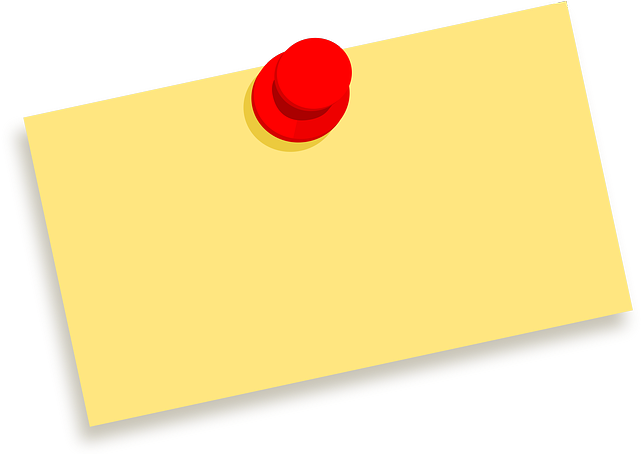You know of the typical daily activities assistance, medication giving, cardiac/respiratory monitoring, injury protection, but how much time do you really spend to alleviate the untold burdens or ease the long-felt tensions of your patients?
The Doctors TV Show announced their favorite type of Nurse for the year 2012. And the best part, this nurse is a 'he'. Hospital Nurse Jared Axen is known as the 'singing nurse' in Henry Mayo Newhall Memorial Hospital, Los Angeles. He visits his patients and brings a smile to their faces with his talent in music.
courtesy of cbsla.com, Jared during his rounds
But how can the gift of song actually benefit ill patients?
Let's dig into the following effects of music therapy to the body...
Heart and Lungs:
The right kind of music actually lowers blood pressure, puts the heart rate to a relaxed beat, and slows breathing cycles. This causes a calming sensation throughout the body. Notice the ambiance of spas and coffee shops? Where else can you find instrumental and country music?
Mind:
The brain also benefits to these sounds. Mood can be improved and even sleep is induced. For those experiencing migraines or regular headaches, music can actually be the relief. Also, during moments of tension, this kind of therapy can alleviate stress and some studies suggest it can lessen the feelings of burden during a depressive episode.. And since music is known to stimulate brain cells to both hemispheres of the brain, a person gets to experience better data retention and a boost in learning performance. Try playing a tune when studying or memorizing for an exam.
Others:
Now aside from the above triad, effect of rhythm can involve the rest of the body too. Researches have revealed that listening to music allows the release of immunity-enhancing hormones while decreasing the stress hormone cortisol.
When a person also gets to hear inspiring songs, bodily movements are easier performed - just like how you would like to listen to your favorite tune to start your morning and even assist you in house chores or office tasks. Somehow music creates a movement response when this kind of psychological stimuli is induced.
Lastly, and for me the most profound, is that music therapy eases chronic pain conditions. This is so because the act of listening usually leads to visual imagery, thus spawning creativity. And since imagination is bred, divertion, emotional stimulation, and a sense of control also tend to be the result.
What I have noticed in the study and application of nursing is that communication is very essential. Yes we've heard about therapeutic communication for the nurse-client relationship, but sometimes in the actual circumstance, going beyond what the books have taught us might just actually work. That's where our talents come into place. Singing, storytelling, drawing, or simply being there for the client as a worthwhile presence can make a difference. We don't actually have to be as talented as Jared in the field of music to please a patient. We sometimes just have to shed our passive scales and reach out more often, with or without public acknowledgement...because the right way of nursing always involves the matters of the heart.
'God has blessed me with so much, it's the reason why I do what I do.' as Jared puts it.
----
(Jared Axen currently resides in Santa Clarita Valley. He took up an associate degree majoring in Music, before he decided to juggle it with the nursing course. He was also nominated a Service Excellence Award by a family who have deemed him an essential figure in the remaining days of their ill-stricken member. He later received the Southern California Hospital Hero Award during November of last year.Throughout his staff nursing years, Jared has used his golden voice to cheer up patients and make them feel not just taken care of, but at home.
The Doctors TV Show is an American talk show airing in the US, Australia, Canada, and other parts of the world, lasting an hour long.The show was originated by Dr. Phil McGraw and is starred by a cast of physicians who discuss about medical and health issues.)
For a glimpse of Jared's performance to and with the patients, check out this video from CBSLA News:
http://losangeles.cbslocal.com/2012/12/01/nurse-finds-intriguing-way-to-comfort-his-patients/



















- Follow Us on Twitter!
- "Join Us on Facebook!
- RSS
Contact